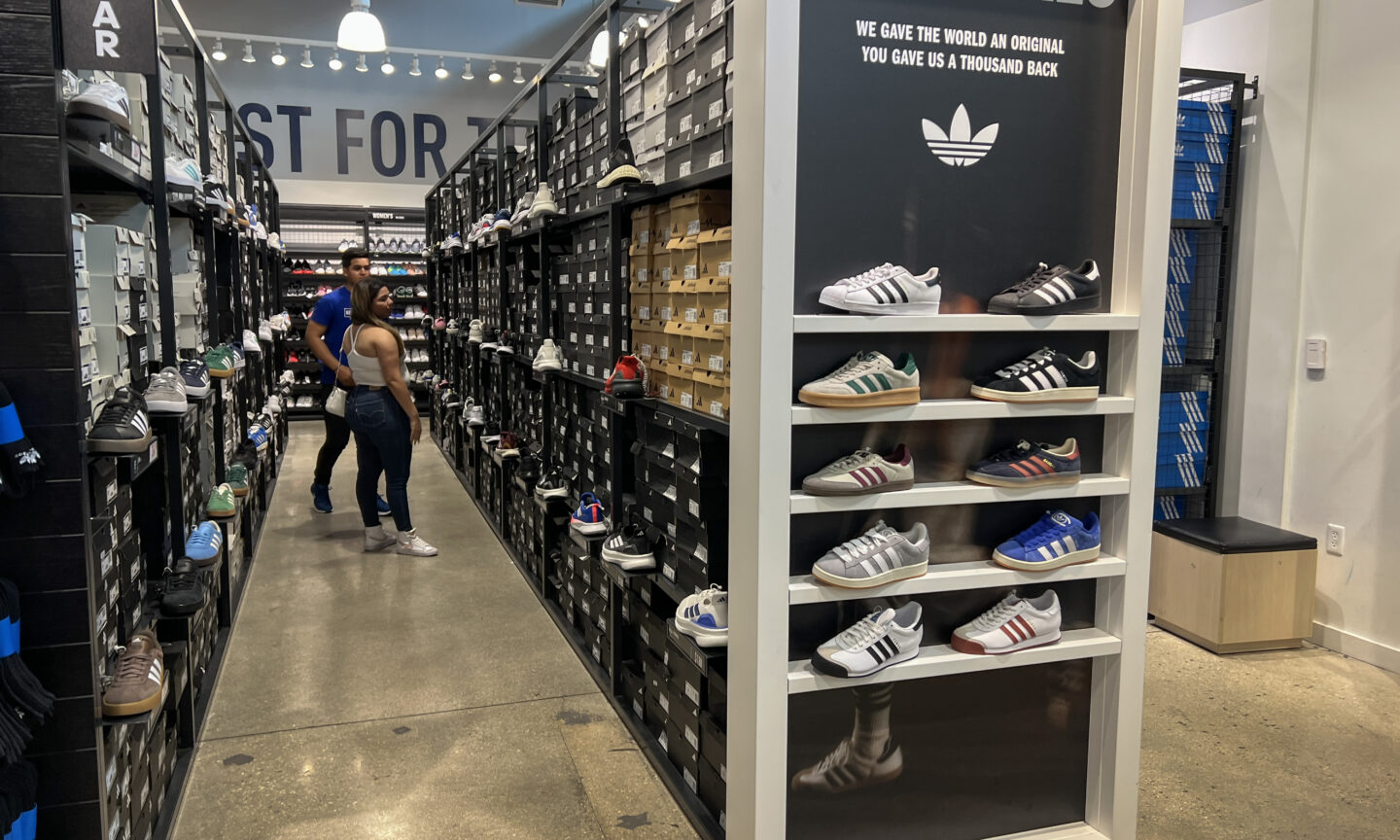Shoppers have had their justifiable share of sticker shock in recent times. Extra will increase are on the best way, however this time inflation isn’t the principle perpetrator.
A rising variety of firms have instructed consumers to brace for greater worth tags for a variety of merchandise within the coming days and weeks. The rationale? Tariffs.
Amid widespread uncertainty, President Donald Trump has doubled down on his declare that customers received’t really feel the brunt of his tariffs. In an interview with ABC Information on April 29 Trump pushed again on correspondent Terry Moran’s suggestion that 145% tariffs on China would elevate costs. Trump mentioned that “nothing’s gonna happen” and added, “China probably will eat those tariffs.”
Nevertheless, in a cupboard assembly the following day, he shifted. Relating empty cabinets to toy purchases, he mentioned: “Maybe the children will have two dolls instead of 30 dolls … maybe the two dolls will cost a couple of bucks more than they would normally.”
Despite mixed messages coming from the White House, economists broadly expect costs will rise for all imported goods and U.S.-made items that rely on imported materials.
Companies plan to pass along some price increases
One hundred percent of the executives recently surveyed by Ernst & Young, a professional services network, said they would pass along some portion of increased costs due to tariffs to consumers. Nearly two thirds of the executives say they would pass along at least half the cost, and nearly one third say they would pass along 90% of the cost, according to the survey released March 7.
Prices on consumer goods are projected to rise by 2.9% in the short term, according to the latest estimate from The Budget Lab at Yale University. That translates to an annual loss of $4,700 annually. Lower-income households could face an average loss of $2,700 annually.
While prices are expected to go up for all kinds of imported consumer goods, some categories might get hit harder than others. The Budget Lab finds that clothing and textiles are slated to see some of the highest hikes.
Clothing prices could go up by 64% in the short-term before settling at 27% above current levels. Textile prices could rise up to 44% in the short-term before leveling off at 17% above current levels.
One recent development that could drive up prices even further is the expiration of the “de minimis” exemption — a trade loophole that had excluded Chinese businesses from paying taxes on low-value imports.
Companies that are raising prices
Trump’s tariffs have yet to make a dent in consumers’ budgets, but that won’t last long. Here are some of the major retailers that have already announced price hikes:
-
Microsoft: On May 1, the computer and gaming giant said it was increasing prices for Xbox games, consoles and controllers.
-
Stanley, Black and Decker: On April 30, the U.S.-based tool company said in its first quarter report that it was accelerating supply chain adjustments, but added that an initial price increase was implemented in April. The company also notified its customers that further price increases are likely.
-
Adidas: On April 29, the German-based sportswear company reportedly said during a call with investors that higher tariffs will eventually increase costs for products in the U.S., but did not project what that impact would be.
-
Procter & Gamble: On April 24, the U.S.-based company said there would likely be price increases for its products in the next fiscal year, beginning in July. Procter & Gamble owns major home, grooming and skincare brands like Tide, Dawn, Bounty and Old Spice.
-
Shein: On April 16 the low-cost fast-fashion e-commerce retailer based in China said its customers can expect higher prices as of April 25.
-
Temu: On April 16, the low-cost home and electronics e-commerce retailer said its prices would be increasing. Then last week, the company said it would no longer be shipping directly to U.S. customers.
Additional retailers including Target, Columbia Sportswear, Best Buy, Mattel and Autozone have mentioned the possibility of price increases. Third-party sellers have already begun raising prices on Amazon. Some of the largest retailers in the U.S. including Costco, Kroger and Walmart have said they will mitigate price increases and absorb tariff hikes as much as possible.
(Photograph by Joe Raedle/Getty Photos Information by way of Getty Photos)
#Prepared #Pay #Favourite #Manufacturers

Leave a Reply